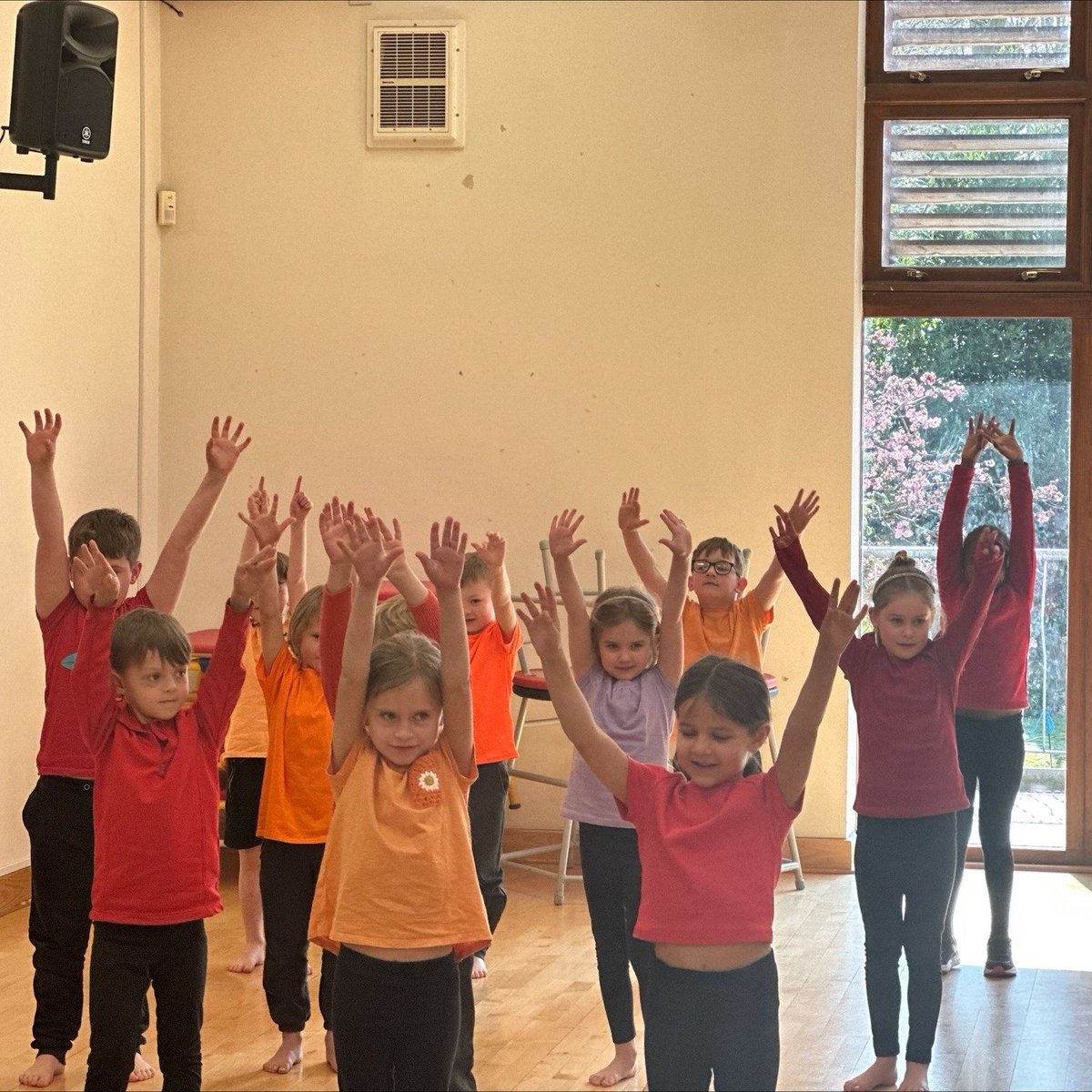Pupil Premium
Pupil Premium is additional funding given to publicly funded schools in England to raise the attainment of disadvantaged pupils and close the gap between them and their peers. It is paid to schools according to the number of pupils who have been registered as eligible for free school meals at any point in the last 6 years or have been in care for 6 months or longer
Eligibility for free school meals is used as the main measure of deprivation at pupil level to decide on how much funding each school receives.
The headteacher and Local Governing Board are accountable for the impact of pupil premium funding in the following ways:
- performance tables, which show the performance of disadvantaged pupils compared with their peers
- requiring schools to publish details online each year of how they are using the pupil premium and the impact it is having on pupil achievement
- the Ofsted inspection framework, where inspectors focus on the attainment of pupil groups, and in particular those who attract the pupil premium
Each school must publish a report of the impact of pupil premium on attainment of disadvantaged pupils at the end of each academic year.

The Education Endowment Foundation (EEF) has published four tips for maximising the impact of the pupil premium. They are:
1. Schools should use evidence of 'what works' to inform their decision making, focusing on the areas that make the biggest difference to pupil outcomes.
At Magna Carta we use the EEF's research findings to inform our practice. An example is our decision to use Read, Write, Inc. to teach phonics and early reading. The EEF researched Fresh Start, which is the Read, Write, Inc. programme for older pupils and concluded:
Fresh Start has been tested through a previous EEF efficacy trial involving ten secondary schools and 433 Year 7 pupils. The study randomised pupils within each of the schools and focused particularly on pupils who did not achieve a level 4 on their Key Stage 2 SATs. The project found a positive impact on all pupils of an additional three months’ progress over the course of an academic year. Read, Write Inc. Phonics uses identical techniques with younger children with the aim of preventing reading difficulties so that later interventions aren’t required or so that the number of children who need them is minimised.
2. The largest proportion of spending should be focused on improving the quality of teaching, followed by targeted support and whole-school strategies which support learning, e.g., to improve attendance and behaviour.
At Magna Carta we have spent a proportion of the pupil premium on improving the attendance of our disadvantaged pupils.
3. As part of an overall strategy to improve the quality of teaching, using some of the pupil premium to recruit and retain teachers is justified.
At Magna Carta, the a proportion of the pupil premium is used to fund additional staff to run targetted support.
4. Disadvantaged pupils who achieve highly in primary school are much less likely than their peers to convert this potential into excellent grades at secondary school, so schools should ensure that pupils elligible for the pupil premium receive some targeted support, including those who are high attainers.
At Magna Carta there are very few pupils eligible for the pupil premium, therefore, they do receive targetted support, namely regular intervention. This includes the higher attainers.
Looked after and post-looked after Pupils
If your child has previously been in the care of a Local Authority in England or Wales and has an adoption, Special Guardianship or Child Arrangements Order, they are entitled to extra support through Pupil Premium Plus funding. Currently, the amount is £2,345 per student and it must be spent to improve outcomes for previously looked after children. It is important to note that the funding is not ring-fenced for the individual child, which allows the school flexibility to ensure it has maximum impact. As the parent or carer, you must declare the child’s status and provide evidence of the legal order to us in order for us to claim the funding. You and your child are also entitled to support from the Essex Virtual School. If you wish to have a conversation about your child, we will treat the information with the strictest confidence.

























